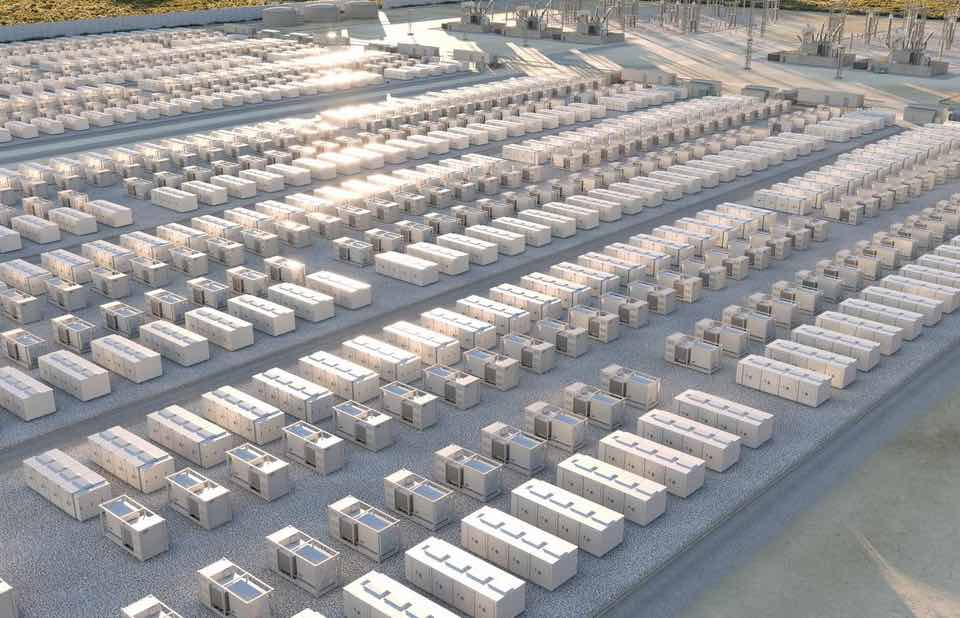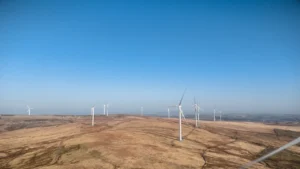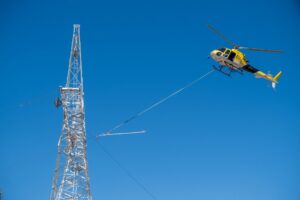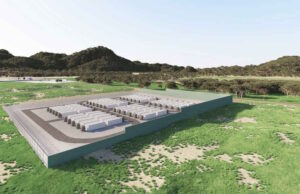The owners of a giant four-hour battery project on the outskirts of Melbourne say they have closed the “largest” non-recourse debt financing package for an Australian grid scale big battery, and the first for a four-hour battery facility.
The package for a 200 MW, 800 MWh component of the Melbourne Renewable Energy Hub was announced by co-owners Equis Australia and the newly formed SEC, the new energy utility created by the Victoria state government.
It comprises $400 million from from a debt syndicate comprising Export Development Canada, Societe Generale, Standard Chartered, and Westpac.
Equis and SEC described the debt transaction as a “landmark” because they said it is the first financial close of a 4-hour BESS in Australia’s National Electricity Market (NEM), and the largest non-recourse debt financing package for any grid scale battery.
Few other details were given of the financing for the what is known as MREH 3, which is the four-hour component of the project located on the outskirts of Melbourne. Another two stages will comprise battery components sized at 200 MW with two hours storage (400 MWh) each.
In total, the MREH project has been sized at 600 MW and 1600 MWh, but will likely get much bigger as it rolls out its remaining three approved connection points, each sized at 200 MW and with the potential for up to 12 hours storage with flow battery technology.
The site connects to the grid’s high voltage 500kV transmission system, which means it can easily inject a large volume of electricity to be rapidly dispatched, and its unique location means it can support three of the state’s proposed renewable energy zones.
Equis says the SEC’s participation has been critical for the success of the MREH project, having been the catalyst for it to start construction and enabled the project to expand from a 2-hour to 4-hour storage capacity.
“We have found the equity partnership model to be a very effective vehicle for government industry collaboration to bring forward renewable energy projects,” co-founder and Managing Director of Equis David Russell said in a statement.
“We think this model should be considered by other state governments because it allows their investments to earn sustainable returns that can be reinvested in further renewable energy initiatives.”








